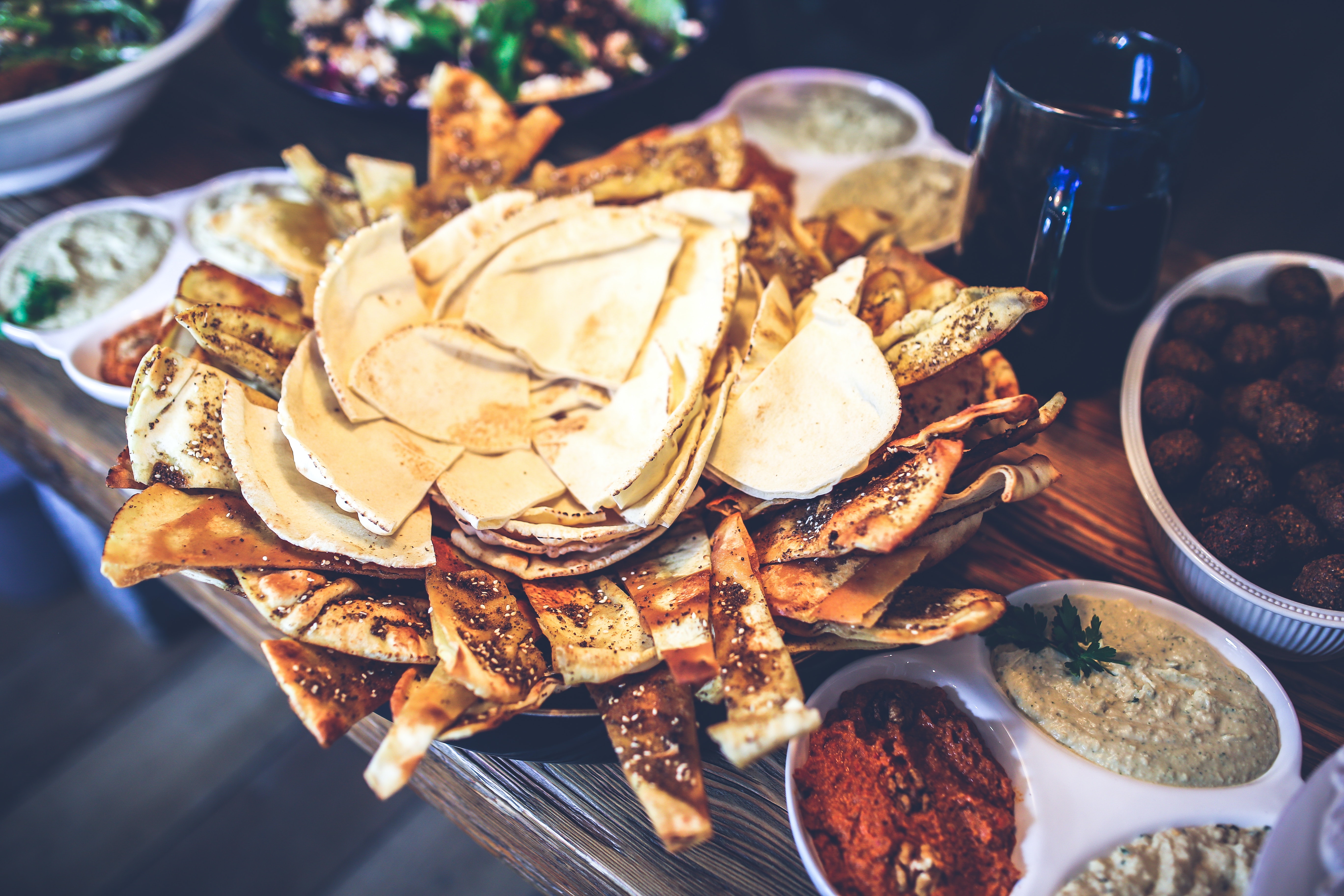If you’re looking at the prospect of eating healthily, then you not only want to know what to eat but also how to eat. Throughout our lives, we pick up eating habits we might not even be fully aware of. As a result, even if we make some healthy changes to our diet, we might not be addressing the real roots of some of the eating problems that we have. Here, we’re going to look at a range of some of the most common and harmful eating habits, as well as what you can do about them.
Snacking all the time
When you eat is equally as important as what you eat. You can implement the tips below to ensure that your meals are nutritious, balanced, and don’t take up any more of your daily allowance of calories than they should. However, all your efforts into healthy meal preparation can be undermined if you’re constantly snacking. You want to eventually get rid of the habit of “grazing” altogether. It can make you a lot more mindless about how you eat, so you could be eating more without even really noticing it. However, one of the best ways to make sure your snacking isn’t doing too much harm is by replacing unhealthy foods in your cupboards with healthier snacks. Until you can get rid of the habit, munching on some carrot sticks or seeds is much better than grabbing a bag of cookies.
Drinking your calories
If you want to really get a shock about just how healthy your diet isn’t, then take a look at the calories behind the soft drinks you might be keeping in your fridge. Sodas, energy drinks, milky coffees, sweet teas, even cordials have a lot of sugar in them. As such, drinking enough of those will through your calorie counts way off. What’s more, when you drink them, you’re keeping your body’s cravings for sugar satisfied. The more you satisfy those cravings, the more likely they are to come back in the future. As a result, you can end up back on the sugary snacks simply because of what you’re drinking. You need to stop drinking your calories by relying more on water where possible.
Not planning your meals
When you go out shopping, make sure you’re doing so with the help of a meal planning apps in your pocket. What meal planning does is makes sure that your fridge is stocked with healthy and nutritious meals all throughout the week. When you plan your meals, you have dinners at the ready every single day of the week. When you don’t have a meal readily available, you’re likely to go out to the shop and pick up some unhealthy treats as you do, or to order a takeaway with very little nutritional value at all. By thinking ahead, you can be a lot more mindful of what you eat, ensuring that you’re making healthier choices as a direct result.

Overloading your meals
Managing the number of calories you eat with every meal is important to maintaining your weight. If you’re counting them and you find that you tend to go overboard on some meals, then you can either reduce your portions for those meals or recognize that it’s where you get most of your calories. If you’re doing the latter, then using meal replacement shakes from a reputable diet company for your other meals can help. If you know that you’re going to be having a big dinner, you don’t want to skip your lunch. However, you can use a meal replacement shake or another lighter alternative to make sure that you’re leaving yourself room for that big dinner.
Not practicing portion control
Even if your meals are a little more evenly balanced out, you should be wary of how much you’re putting on your plate. Even something that’s healthy can become a negative if you get too much of it. As such, if you’re making healthy meal changes but still have trouble controlling your weight, try reducing your portions. You can even trick your brain into believing that you’re still eating as much by using a smaller plate than you would usually eat with.
Eating too fast
This is another part of portion control, really. If you’re trying to eat less throughout the day and reducing your portions, then you might find that you still feel hungry at the end of your meal. You can get used to this over time, but you can make it much easier to acclimate if you use the right tips to control your appetite. For instance, taking the time to eat slowly can be a big help. By chewing more before you eat, and taking the time to put the fork down between bites, your body is given the time to process that it is getting the sustenance that you need. If you wolf down your meals, your body doesn’t really get that opportunity, so you can eat a lot more before you feel full. Might work for getting your money’s worth out of a buffet, but it’s no good for maintaining a good diet.

Not staying hydrated
When you’re feeling hungry, you might not actually be hungry. If your mouth is watering and feels a craving for something, the answer is just as likely to be the fact that you’re thirsty, instead. A lot of people do not know how to properly distinguish the two sensations. As such, if you’re feeling like you could grab a bite between meals, then try drinking a litre of water, instead. If you’re still hungry after that, then it might be that your appetite still needs a little work but you might be surprised how often hydration is the answer instead. Use a water drinking app to make sure you’re drinking enough throughout the day to get rid of this feeling.
Eating when you’re not hungry or thirsty
A lot of people snack more than they should because they are misinterpreting the signals that they are dehydrated. However, that’s not always the case. Sometimes, people eat solely because it’s a habit. The Japanese phrase “kuchi sabishii”, which means lonely mouth explains this concept very well. It’s a similar kind of craving for people who are quitting smoking. Sometimes, having a cup of herbal tea or chewing some sugar-free gum can help you quell this “mouth loneliness” instead of reaching into the snack cupboards for some food. One of the worst things you can do, on the other hand, is to eat while you’re walking, as it tends to increase your likelihood of eating mindlessly and, therefore, eating more.
Eating at night
There are a host of reasons why eating at night is bad for you. For one, our body’s metabolism is tied to our body’s clock. Our body is better at converting food into usable energy rather than fat stores when it thinks we’re more likely to eat. At nighttime, our body thinks we’re done with that, so it’s less effective at making those conversions. What’s more, if you’re eating at night, then you’re likely eating outside of your pre-planned meals, which is a no-on in itself. If you want to avoid eating at night, then practising a light version of intermittent fasting might be the key. This is the act of ensuring that you only eat at certain times of the day.
Until you discover what eating habits you have picked up through the years and actively work to get rid of them, you might find that your diet remains a problem for years to come. Hopefully, the tips help you get on top of whichever habits apply to you.







